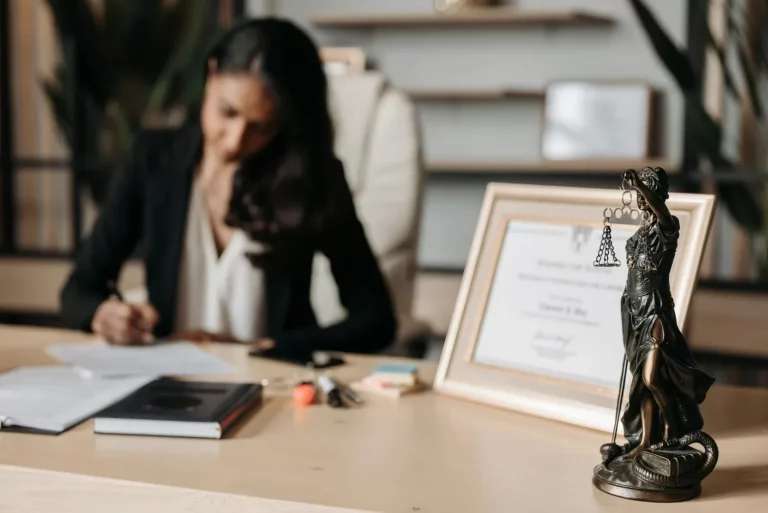Plymouth Probate & Family Court
If you are in the middle of a divorce, paternity, child support, or custody action, are seeking a better parenting plan, or…

If you are in the middle of a divorce, paternity, child support, or custody action, are seeking a better parenting plan, or…

Lawyers Who Know Middlesex Family Courts The Middlesex Probate and Family Court may be the busiest family law court in Massachusetts. Throughout…

Norwood clients of the Massachusetts Family Law Group will feel reassured that they are represented by a team with the resources of…